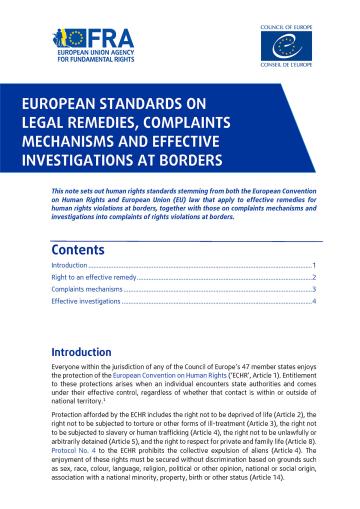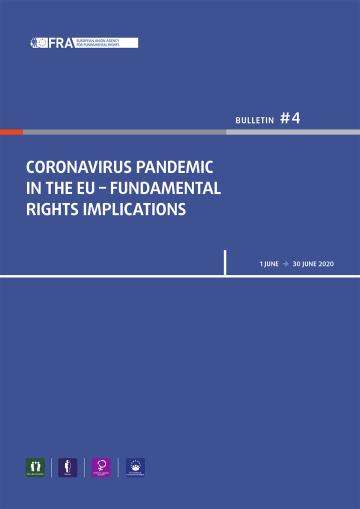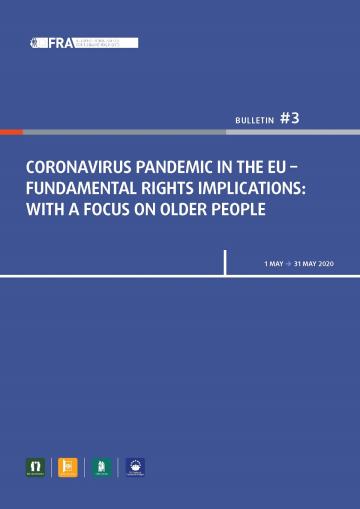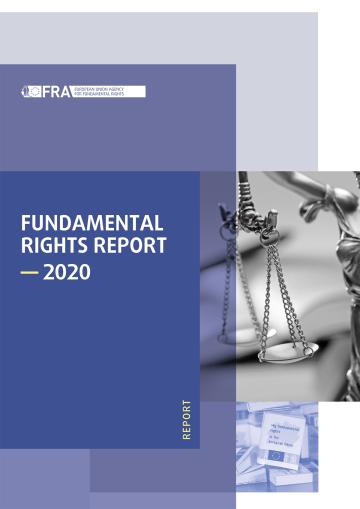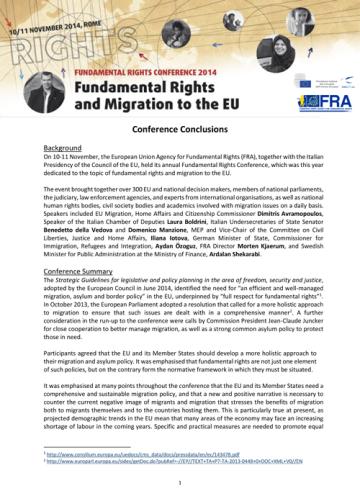
Carta drepturilor fundamentale a Uniunii Europene
Articolul 41 - Dreptul la bună administrare
(1) Orice persoană are dreptul de a beneficia, în ce privește problemele sale, de un tratament imparțial, echitabil și într-un termen rezonabil din partea instituțiilor, organelor, oficiilor și agențiilor Uniunii. (2) Acest drept include în principal: (a) dreptul oricărei persoane de a fi ascultată înainte de luarea oricărei măsuri individuale care ar putea să îi aducă atingere; (b) dreptul oricărei persoane de acces la dosarul propriu, cu respectarea intereselor legitime legate de confidențialitate și de secretul profesional și comercial; (c) obligația administrației de a-și motiva deciziile. (3) Orice persoană are dreptul la repararea de către Uniune a prejudiciilor cauzate de către instituțiile sau agenții acesteia în exercitarea funcțiilor lor, în conformitate cu principiile generale comune legislațiilor statelor membre. (4) Orice persoană se poate adresa în scris instituțiilor Uniunii în una dintre limbile tratatelor și trebuie să primească răspuns în aceeași limbă.

